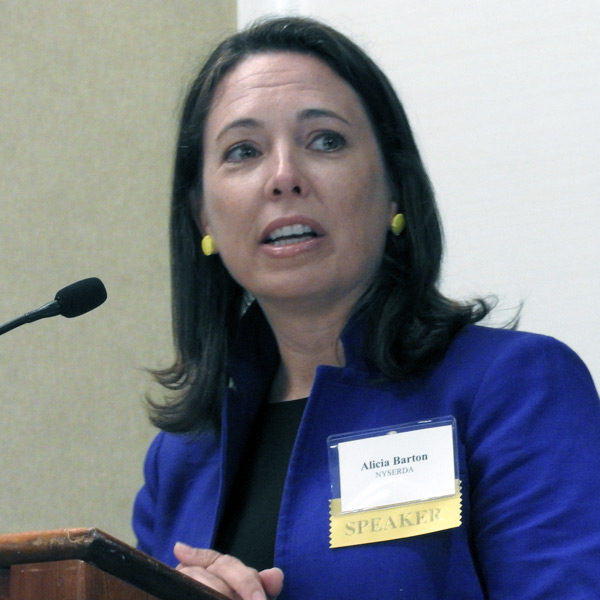By Amanda Durish Cook
CARMEL, Ind. — MISO’s preliminary analysis of implementing multi-day unit commitments shows the project may be worthwhile, the RTO said last week.
The project would involve MISO publishing multi-day price forecasts and recommended commitments for a week at a time. The RTO’s day-ahead market currently is not designed to forecast economic commitments beyond the following day.
MISO Markets System Analyst Chuck Hansen said the RTO plans to create multiday “super forecasts” to prevent the uneconomic cycling of generators.
MISO studied the impact of committing units for a full week at a time over a year for 85 generating units with long lead times or high startup costs. The study found that although the units were turned off more frequently than turned on —on average, the units were committed an additional 110 hours per year but decommitted from 691 hours — they would see an increase in annual profits of $653,000/unit.
“You can see when a unit was on but it should not have been running because it would have made about $80,000” in some cases, Hansen said during a Sept. 14 MISO Market Subcommittee meeting.
“It’s a little like [being a] Monday morning quarterback,” Hansen said of the after-the-fact study, which relied on past locational marginal prices.
Hansen also acknowledged that forecasts decline in accuracy the further out they’re done, requiring MISO s to create more accurate price forecasts. “Assuming we can generate a very good forecast … we’re going to answer how we can improve,” he said.
“I hope that when we get there, MISO has enough faith in its forecast to make these commitments,” said ITC Holding’s Ray Kershaw.
MISO is still in the early stages of developing the multi-day model, and staff will resume stakeholder discussions on the potential benefits in November and December, Hansen said. He also asked generation owners to consider whether they would be willing to change their commitment schedules based on a MISO-originated, week-ahead forecast.
Several stakeholders, including representatives from DTE Energy, Ameren and Xcel, voiced support for MISO’s exploration of the issue.





